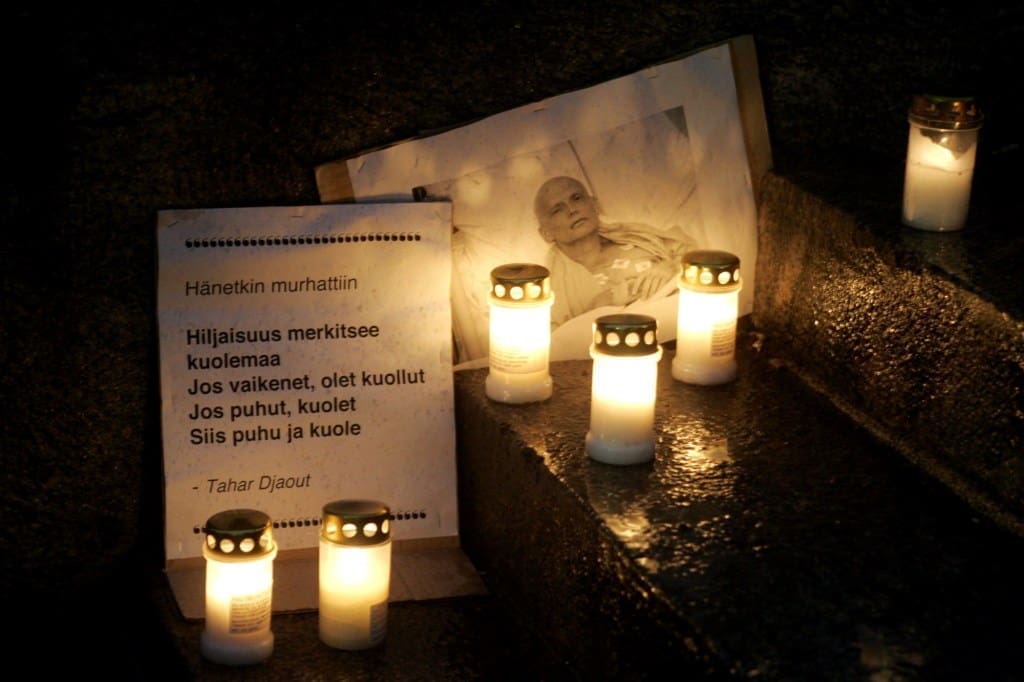On November 23, 2006, former KGB agent Alexander Litvinenko died in a London hospital, succumbing to radioactive polonium-210 poisoning. His case drew significant attention, primarily due to his explicit deathbed accusation against Russian President Vladimir Putin, whom he held responsible for his poisoning.
Litvinenko’s background as a KGB operative and his critical stance on the Russian government made him a contentious figure. After defecting from Russia, Litvinenko became a vocal critic of Putin’s administration, often speaking against alleged corruption and human rights violations. His untimely death, characterized by the rare and highly toxic radioactive substance polonium-210, raised international concern and speculation about state-sponsored assassination attempts.
Health officials in the UK, analyzing Litvinenko’s symptoms and eventual autopsy results, confirmed the presence of significant levels of polonium-210 in his system. This discovery prompted an urgent inquiry, scrutinizing the potential exposure risk to medical personnel and other individuals who might have come into contact with him during his final days.
Litvinenko’s death was not an isolated incident but part of a broader pattern of mysterious illnesses and deaths among critics and perceived enemies of the Russian state. His accusations against Putin intensified the spotlight on Russia-UK relations and fueled ongoing debates about political dissent and freedom of speech in Russia.
This high-profile case also highlighted the challenges in addressing and preventing the use of unconventional and deadly substances in political conflicts. International responses varied, with many Western nations condemning the act and urging thorough investigations into the circumstances surrounding Litvinenko’s death.
Despite his passing, Litvinenko’s legacy endures, both as a cautionary tale about the dangers faced by dissidents and as a symbol of the struggle for political freedom. His death continues to provoke discussions about geopolitical tensions and the lengths to which some governments might go to silence critics.
The death of Alexander Litvinenko remains a pivotal moment in modern history, symbolizing the lethal risks associated with political dissent. His story serves as a stark warning of the potential dangers faced by those who challenge powerful states, emphasizing the need for international vigilance and cooperation in the fight against politically motivated violence.
Source: Sun-sentinel














